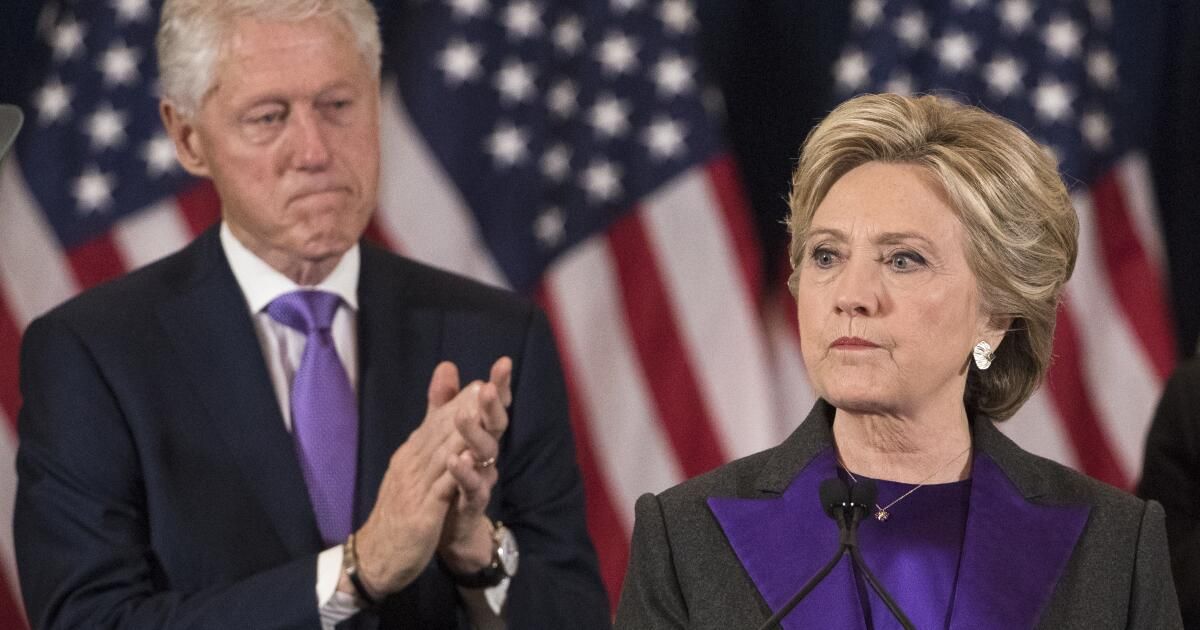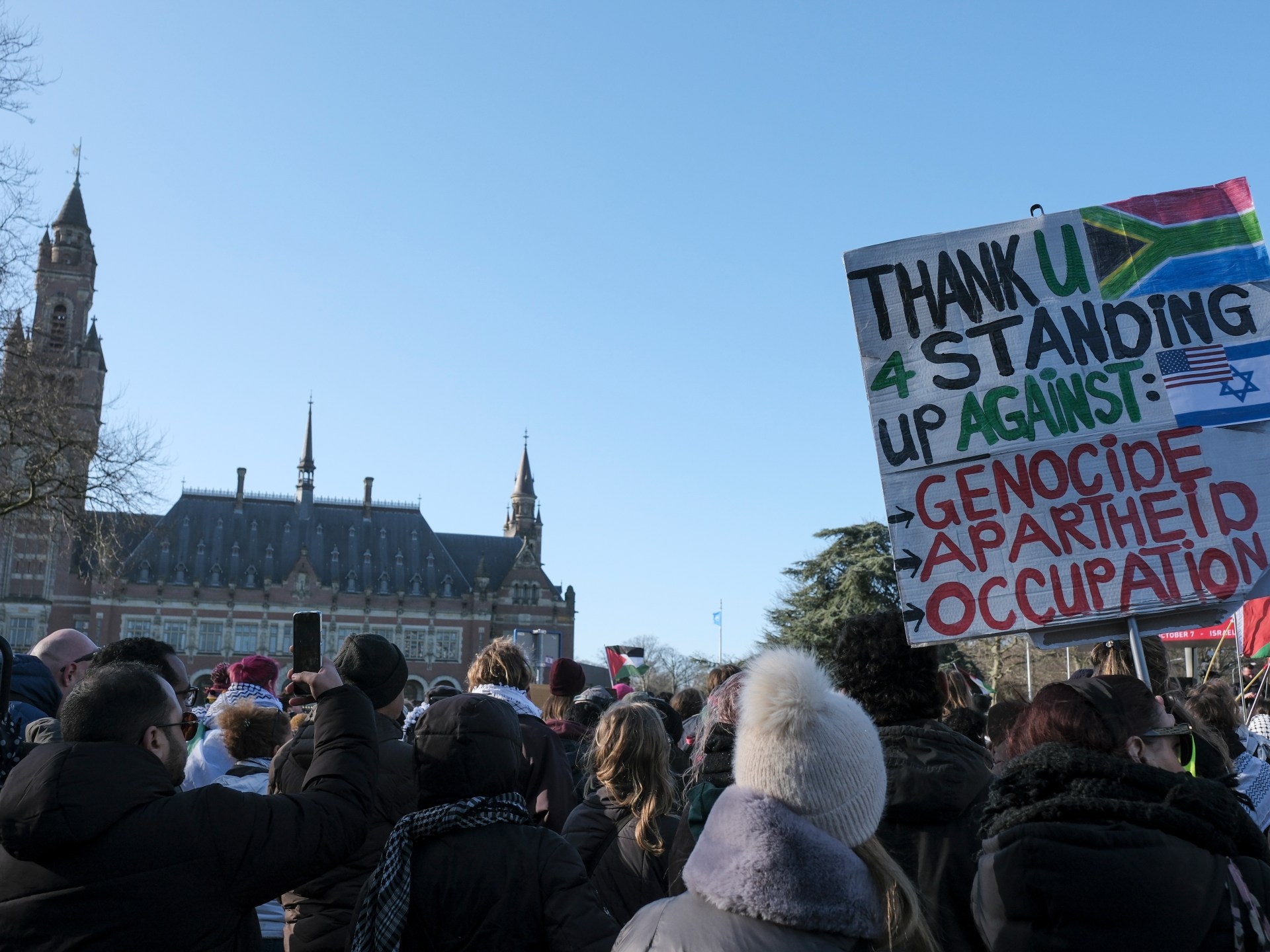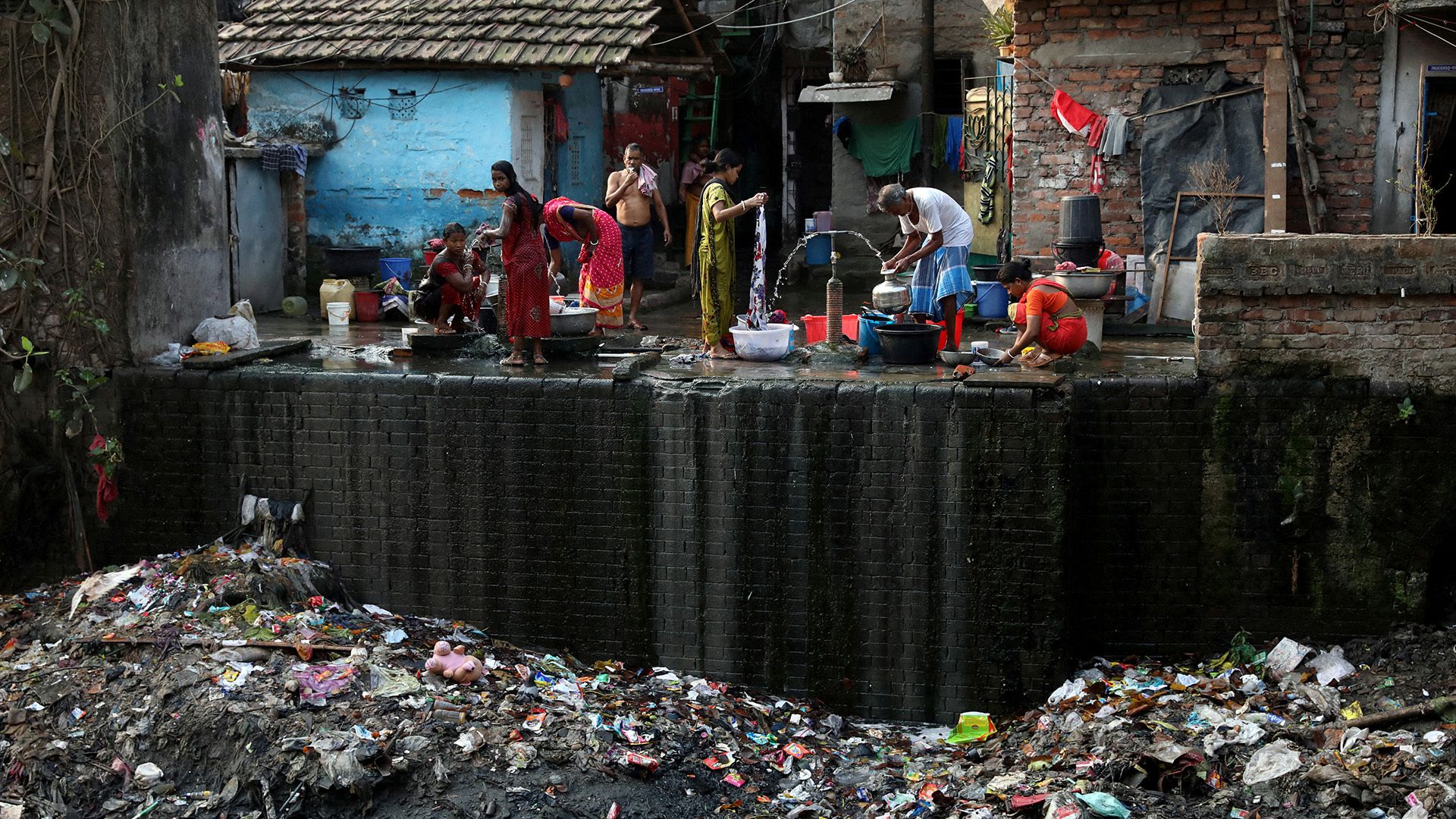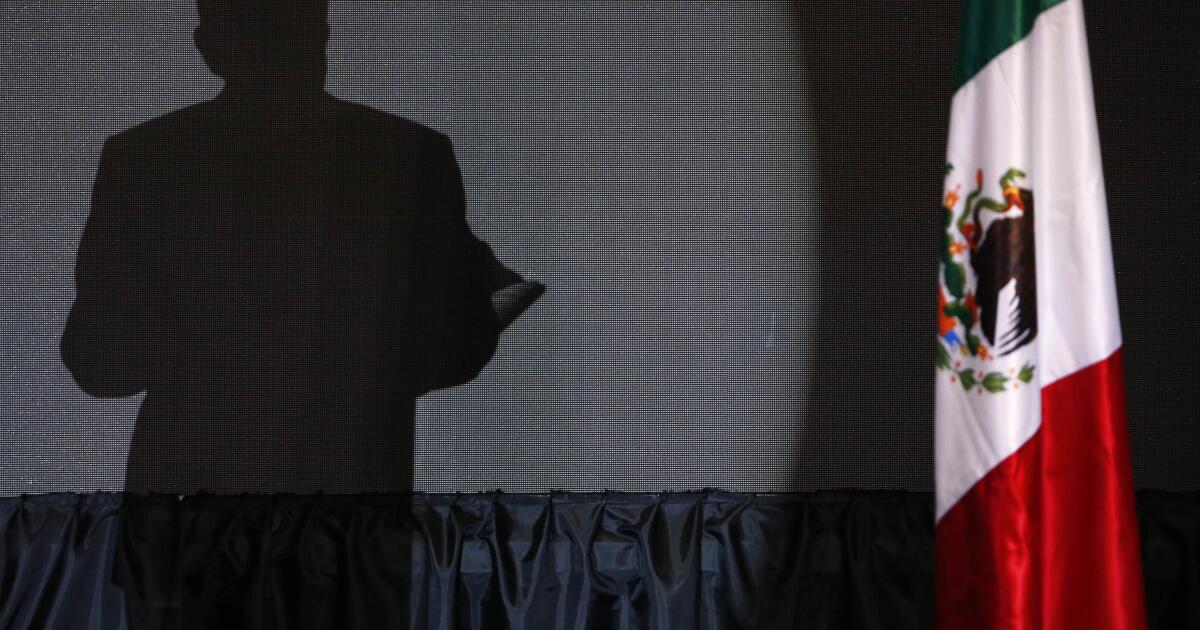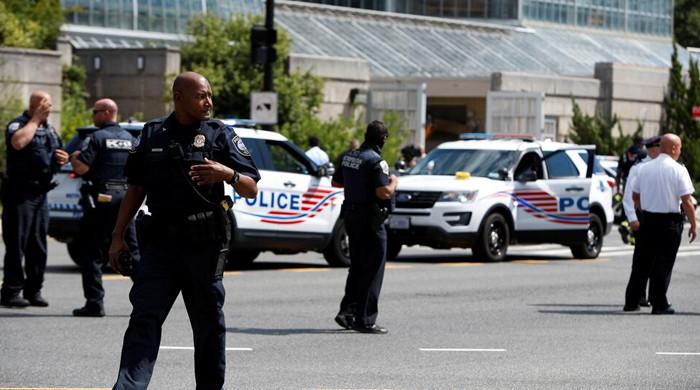When Hillary Clinton's campaign emails were leaked just before the 2016 election, the media breathlessly covered the October surprise as if Al Capone's vault had been opened and there really was something inside.
The WikiLeaks leak provided journalists with a trove of correspondence, from Clinton’s secret musings on Syria and China to staff complaints about the candidate’s “terrible instincts” and campaign manager John Podesta’s risotto recipe.
Fast forward to this month, when it was revealed that the Trump campaign had been hacked and its emails were leaked to the press. There was no media frenzy over the contents of the leak, nor was there any speculation about how the stolen emails affect the former president or his reelection bid. The mainstream media, by contrast, remained silent for weeks until Trump's campaign spokesperson broke the news of the hack on Saturday.
What a difference eight years make.
The New York Times, Politico and the Washington Post chose not to publish the emails, even after the hack became public. Ironic, given that all three outlets, like most media outlets, analyzed Clinton’s emails in 2016, unleashing a torrent of lurid content but few, if any, bombshells. So what changed?
It's hard to say, as the three media outlets that have the leaked material have not gone into detail about why they have refrained from publishing the emails, but they should explain their reasoning. Hypocrisy is not a nice word.
Perhaps the silence on Trump’s emails is a matter of lessons learned. Journalistic publishing standards had to change after the 2016 campaign, when Russian hacks and disinformation played a role in the election outcome. Clinton campaign emails were stolen by malicious actors trying to tip the election in Trump’s favor, and covering the leaked material ad nauseam played into the villain’s hands.
Clinton spent the final month of her campaign on the defensive, responding to the content of the leaked communications. The flurry of coverage put the campaign in a state of shock and she was often treated more like a defendant than a candidate.
Donald Trump in a 2016 presidential debate with Hillary Clinton.
(Saul Loeb/Associated Press)
Now would be a good time for the media to reflect on what it did, or didn’t do, when Clinton ran against Trump. Simply admitting that the media made mistakes in 2016 would go a long way. The Washington Post recently mentioned that idea without going into it in depth.
“This episode probably reflects that news organizations are not going to react to any hack that comes along that is marked as ‘exclusive’ or ‘confidential information’ and publish it just for the sake of publishing it,” said Matt Murray, executive editor of the Post, who was quoted in an article published by the outlet. “… Every news organization involved in this case took a deep breath and paused, and thought about who was likely to be leaking the documents, what the hacker’s motives might have been, and whether or not this was actually newsworthy.”
The New York Times told the Associated Press that it would not discuss why it chose No The paper did not publish details of the leak, but appeared to indirectly defend its decision in a broader article about the nature of the leak. “The documents sent to Politico, as described by The Times, included research and assessments on potential vice presidential nominees, including Sen. J.D. Vance, whom Trump ultimately selected,” the Times wrote. “Like many such investigative documents, they contained past statements with the potential to be embarrassing or damaging, such as Vance’s comments casting doubt on Trump.”
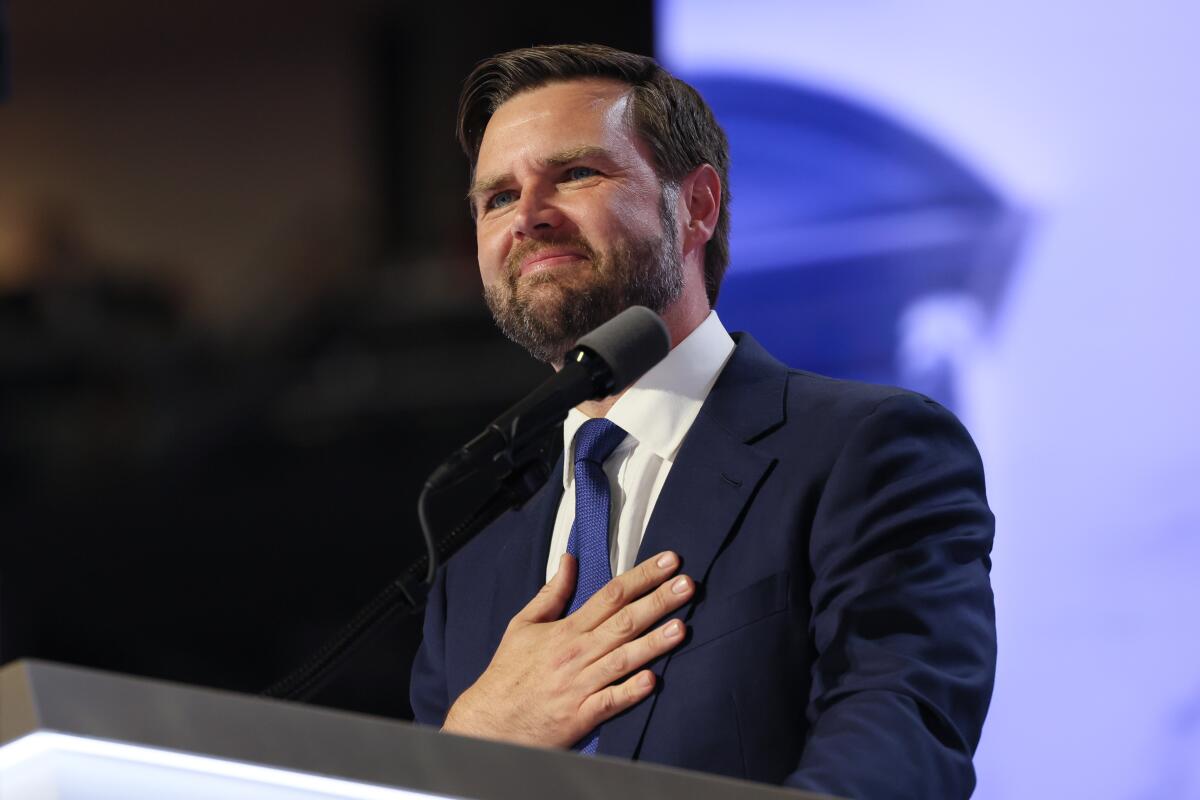
Vice presidential candidate JD Vance during the Republican National Convention in Milwaukee in July.
(Robert Gauthier/Los Angeles Times)
Politico covered the mechanics of the Trump campaign data leak, rather than the contents of the hacked emails. The messages and documents were sent through an AOL account from an anonymous figure calling himself “Robert.” Politico spokesman Brad Dayspring said editors weighed “questions about the origins of the documents and how they came to our attention, which were more worthy of publication than the material that was in those documents.”
This is in stark contrast to 2016, when the bar was set too low for coverage of the Democratic campaign leak. A list of Clinton’s most revealing emails published by Politico was once an example of voyeurism masquerading as news. Entry number five of eight was titled “Joking about the Benghazi hearing”:
On October 24, 2015, Clinton’s team debated how Clinton should attack Rep. Trey Gowdy after his marathon appearance before her committee investigating the Benghazi attack. While discussing remarks she planned to make at the Jefferson Jackson dinner in October the following night, Podesta came up with an idea for a joke. “I used to be obsessed with Donald Trump’s hair, until I spent 11 hours staring at the top of Trey Gowdy’s head,” Podesta said. suggested inserting into the discourse.”
“I love the joke too, but I think Hillary Rodham Clinton should stay above the caucus, and especially above the personal insults about it. She has every inch of the advantage right now,” Jake Sullivan responded.
“Wow, you guys are such fools,” Clinton’s communications director Jennifer Palmieri joked.
It's not exactly a sensational story that would grab attention, but Politico published it anyway.
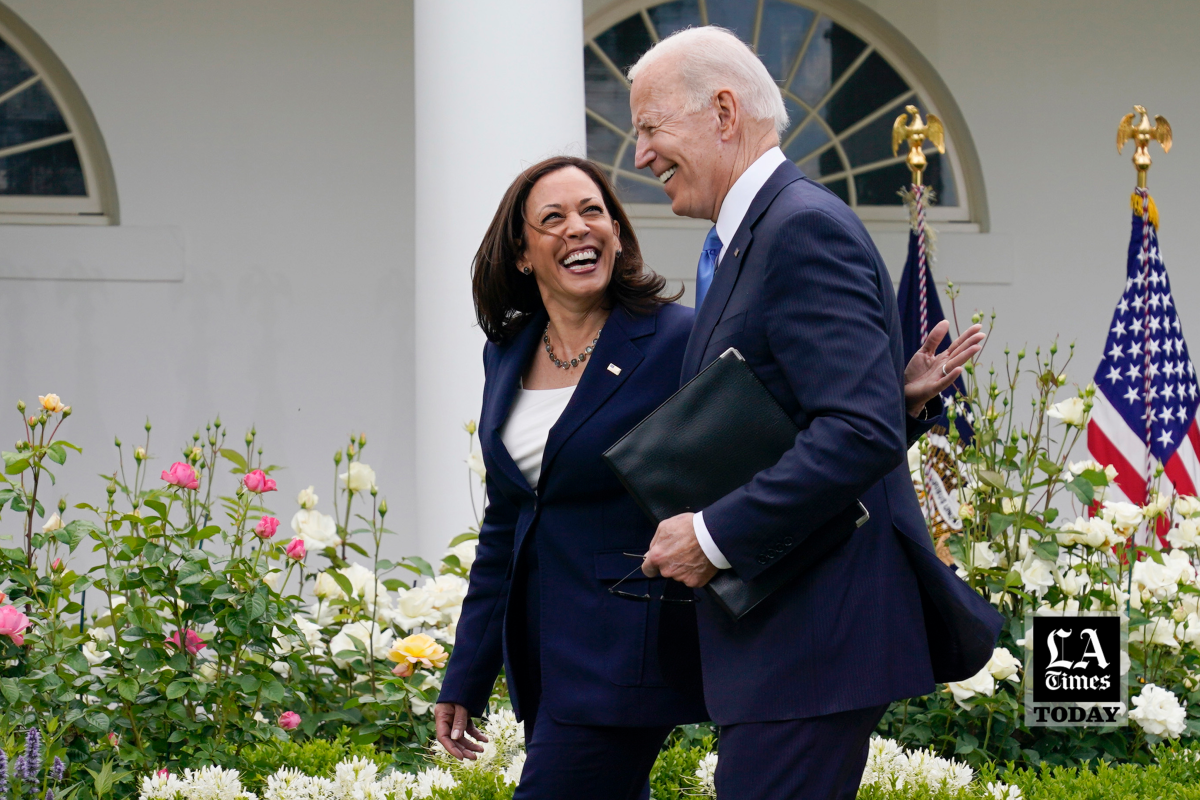
Vice President Kamala Harris and President Biden.
“Seriously, the double standards here are incredible,” Posted by Neera Tandena senior Biden administration White House official who was an adviser to the Clinton campaign. “For all the complaints about the interviews, it would be great to have the people who make these decisions held accountable to the public. Do they now admit they were wrong in 2016, or is the rule that hacked materials are only used when they hurt Democrats? There is no middle ground.”
When another X user pointed out that WikiLeaks made public the hacked Clinton campaign material, and that was what led the press to make some bad decisions, Tanden responded: “Did the way the hack happened lead to a cover-up for a Russian psyop? That’s not a justification. It’s a rationalization.”
According to Politico, emails from “Robert” began arriving on July 22. The content appeared to include internal communications from senior Trump officials. Reporters confirmed with the Republican campaign that the leaked emails were authentic. The mysterious sender also noted that more material was to come, including “legal and court documents regarding internal campaign discussions.”
Trump campaign spokesman Steven Cheung reminded reporters of their duty to respect justice and democracy. “Any media outlet or media outlet that reprints internal documents or communications is doing the bidding of America’s enemies and doing exactly what they want.”
But Trump sang a different tune in July 2016, when during a press conference the presidential candidate appealed directly to Russia to hack Clinton’s emails. “Russia, if you’re listening, I hope you can find the 30,000 missing emails,” he said, referring to emails she had deleted from a private account she had used when she was secretary of state. “I think you will probably be richly rewarded by our press.”
That same day, the Russians made their first attempt to break into the servers used by Clinton’s personal office. From there, WikiLeaks released the hacked emails piecemeal. And in October, Trump was complaining that the leaks were not getting enough coverage from journalists. “The dishonest media has taken very little notice of the incredible information provided by WikiLeaks,” he tweeted.
The FBI is now investigating allegations that Iran was behind the Trump campaign data breach and is looking into hacking attempts on Biden-Harris campaign servers.
Ethical standards are a good reason not to publish material obtained in dubious ways, as is a determination that the content is not newsworthy. Neither of those approaches is the problem here. The problem is the media's lack of self-examination over its actions in 2016 and its failure to frankly discuss whether Clinton deserved similar caution.

